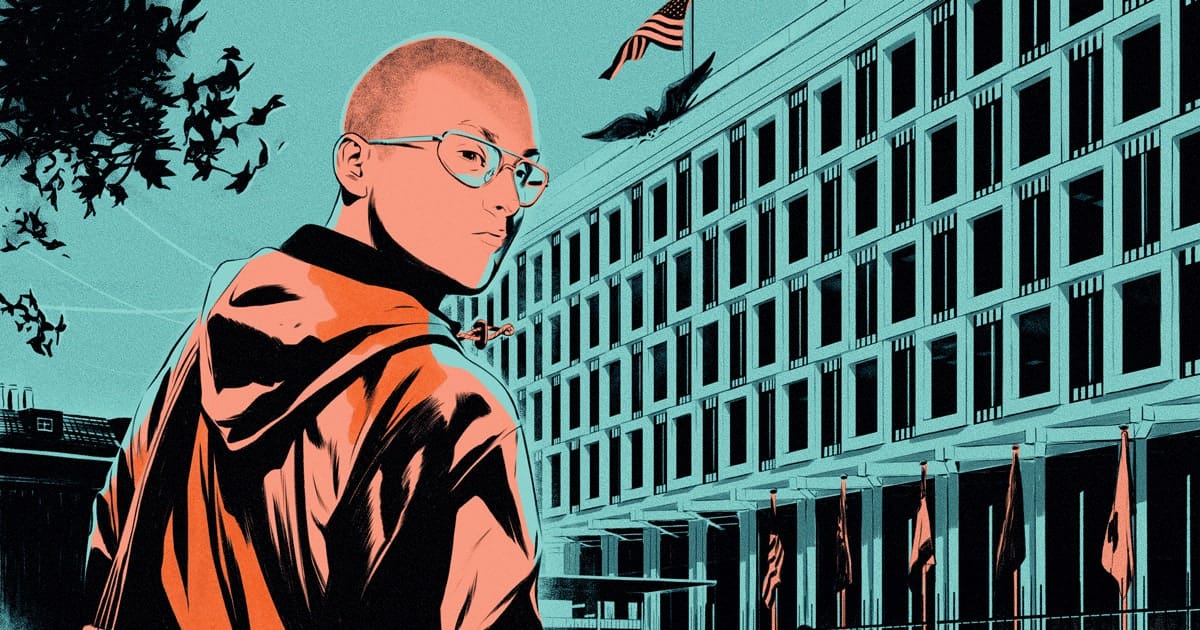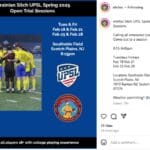One Thursday in January 2001, Maksym Igor Popov, a 20-year-old Ukrainian man, walked nervously through the doors of the United States embassy in London. While Popov could have been mistaken for an exchange student applying for a visa, in truth he was a hacker, part of an Eastern European gang that had been raiding US companies and carrying out extortion and fraud. A wave of such attacks was portending a new kind of cold war, between the US and organized criminals in the former Soviet bloc, and Popov, baby-faced and pudgy, with glasses and a crew cut, was about to become the conflict’s first defector.
Four months of phone calls and two prior embassy visits had led Popov to this point. Now he met with an FBI assistant legal attaché to present his passport and make final arrangements. A short time later, he plowed through the wintry cold of Grosvenor Square to a hotel room the embassy had secured for him. He opened both his laptop and the hotel minibar and read his email while downing tiny bottles of whiskey until he passed out. The next day, January 19, 2001, Popov and an FBI escort boarded a TWA flight to the US.






